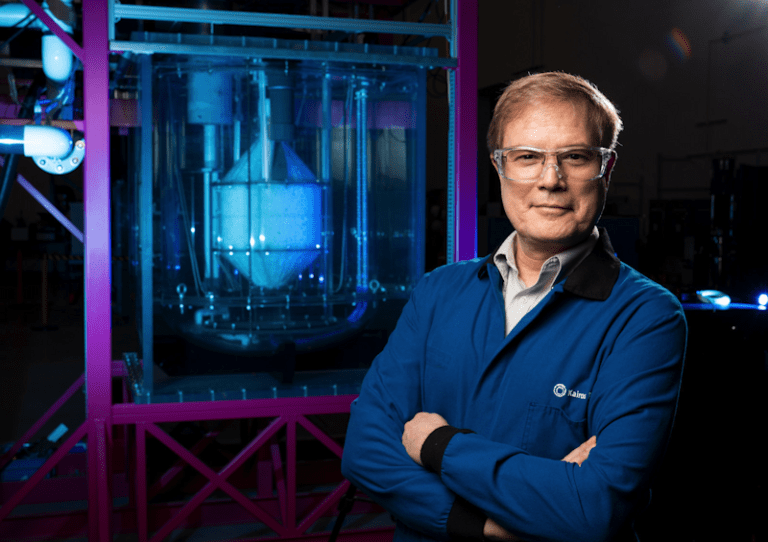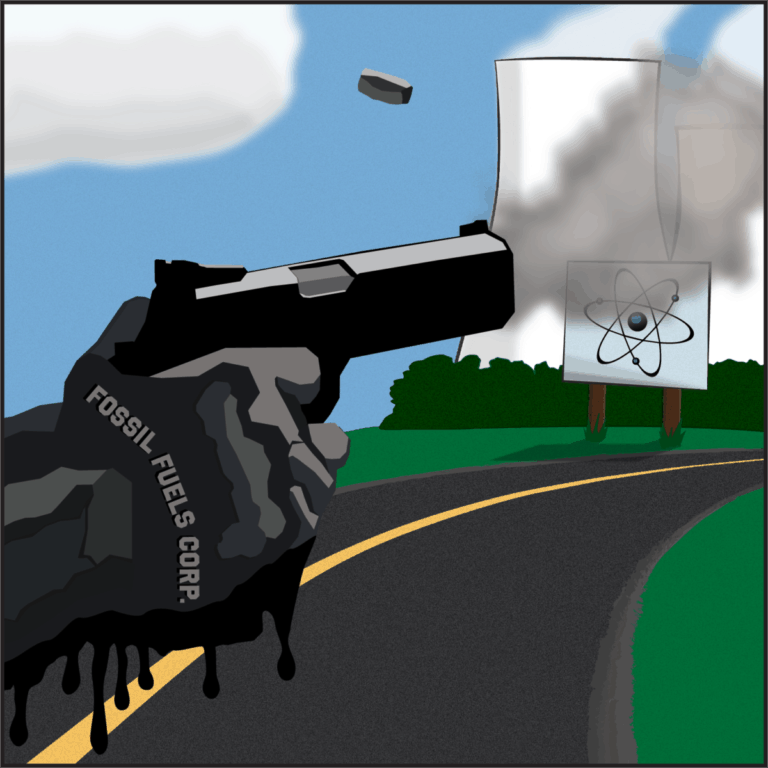Atomic Show #289 – All Reactors Large and Small
Pro-nuclear advocates generally agree that there is a large and growing need for new nuclear power plants to meet energy demands with less impact on the planet and its atmosphere. There is frequent, sometimes passionate discussion about the most appropriate reactor sizes, technologies and specific uses. Atomic Show #289 is a lively discussion among some…


